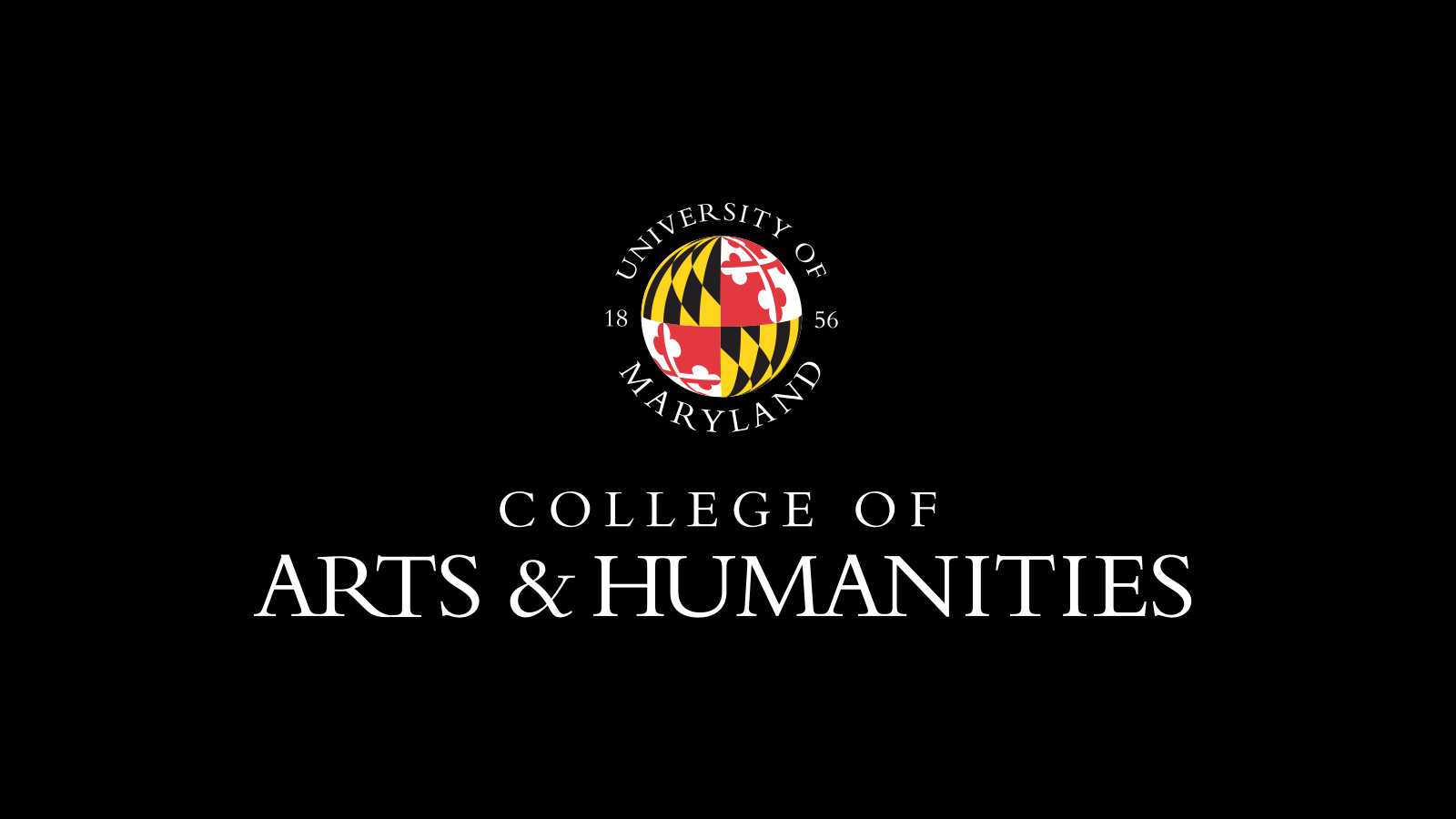Two ARHU Alumnae Granted ACLS Postdoc Fellowships
September 29, 2020

American Council of Learned Societies Emerging Voices Fellows spend one year at leading humanities research universities.
By Jessica Weiss ’05
Two recent doctoral graduates of the College of Arts and Humanities (ARHU) at the University of Maryland have been named 2020–21 Emerging Voices Fellows by the American Council of Learned Societies (ACLS), the country’s preeminent representative of scholarship in the humanities and related social sciences. The fellowships, created earlier this year as a result of the severe economic downturn caused by the COVID-19 pandemic, allow early career scholars to take up one-year placements at leading humanities research universities.
Izetta Autumn Mobley Ph.D. ’20, American studies, is completing her fellowship year at the University of Texas at Austin, and Setsuko Yokoyama, Ph.D. ’20, English, at Washington University in St. Louis.
Fellows advance their research and professional development while contributing to the teaching, programming and administrative work of their host university.
Learn more about the fellows and their plans:
Izetta Autumn Mobley, a cultural historian focused on race, disability, slavery, public history, digital humanities and material and visual culture, is working with the Health Humanities Working Group in the Humanities Institute at the University of Texas at Austin.
Building on interdisciplinary research—in art history, visual and material culture, medical history, slavery studies and disability studies—explored in her dissertation, “Troublesome Properties: Race, Disability, and Slavery's Haunting of the Still Image,” Mobley will consider the visual history of medicine and how that contributes to ideas about race, gender and disability. She will introduce her research during a seminar on Oct. 5.
She will also teach two classes in the spring focused on medicine, race, disability and visual culture.
“In the wake of COVID-19 there is a deep need to attend to the entanglements among medicine, race and disability,” she said. “How do we think about and construct illness? Which communities are impacted the most and why? How does medicine contribute to racialized ideas about people and how can that be addressed?”
The fellowship, she added, is an “ideal match for a scholar like me who does interdisciplinary research and work that is also invested in the public humanities.”
Setsuko Yokoyama, whose research focuses on digital humanities, language diversity and white supremacy, will be based in the English department at Washington University in St. Louis, and will also work with the Humanities Digital Workshop program and the Center for the Study of Race, Ethnicity, and Equity.
Her “Introduction to Digital Humanities” course, which will invite students to interpret how contemporary digital technologies intersect with questions of gender, race, class and disabilities, is informed by her training in the Digital Studies in the Arts and Humanities (DSAH) program at UMD. She will also teach “The Sonic Color Line & Language Diversity,” on “linguistic imperialism and scientific racism” in the early 20th century United States. The course is based on her dissertation, “Digital Frost: Accessibility and Public Humanities,” which examined the sociohistorical implications of publishing audio recordings of Robert Frost’s public talks on the internet.
Yokoyama will also continue her own research investigating the history of “Visible Speech,” a writing system invented in 1867 by Alexander Melville Bell. Her research exists under the premise that such writing technology legitimized colonial rule and assisted assimilative education among colonized populations.
“I am excited to be joining Washington University colleagues who are invested in putting their humanities scholarship into practice and kindly inviting me to the groundbreaking initiatives that are embedded in St. Louis local communities,” she said.

